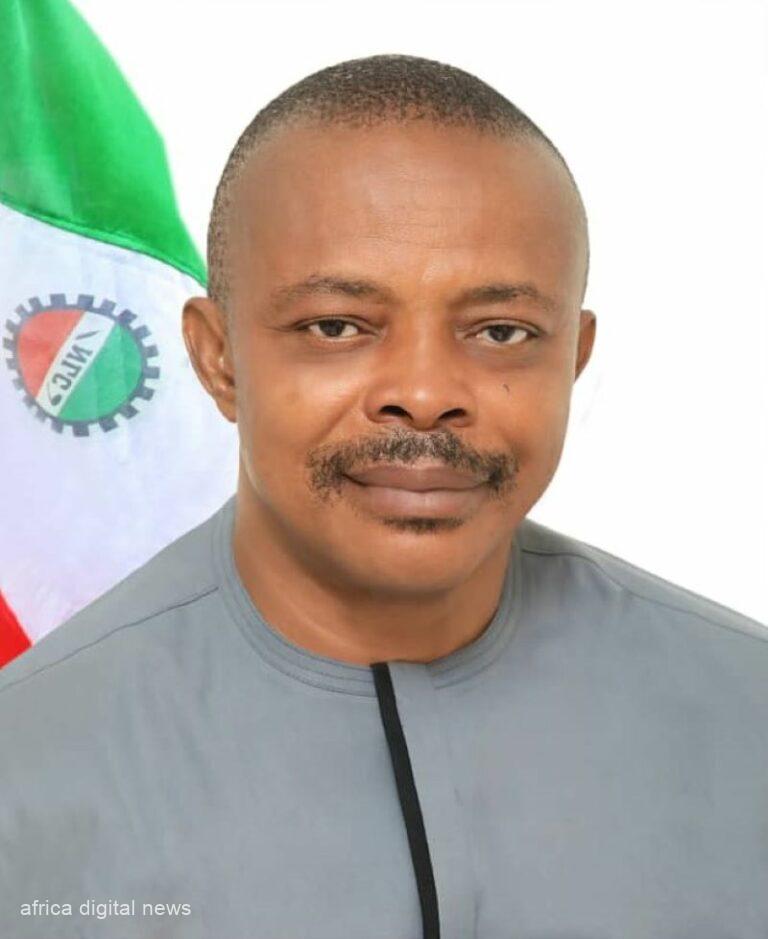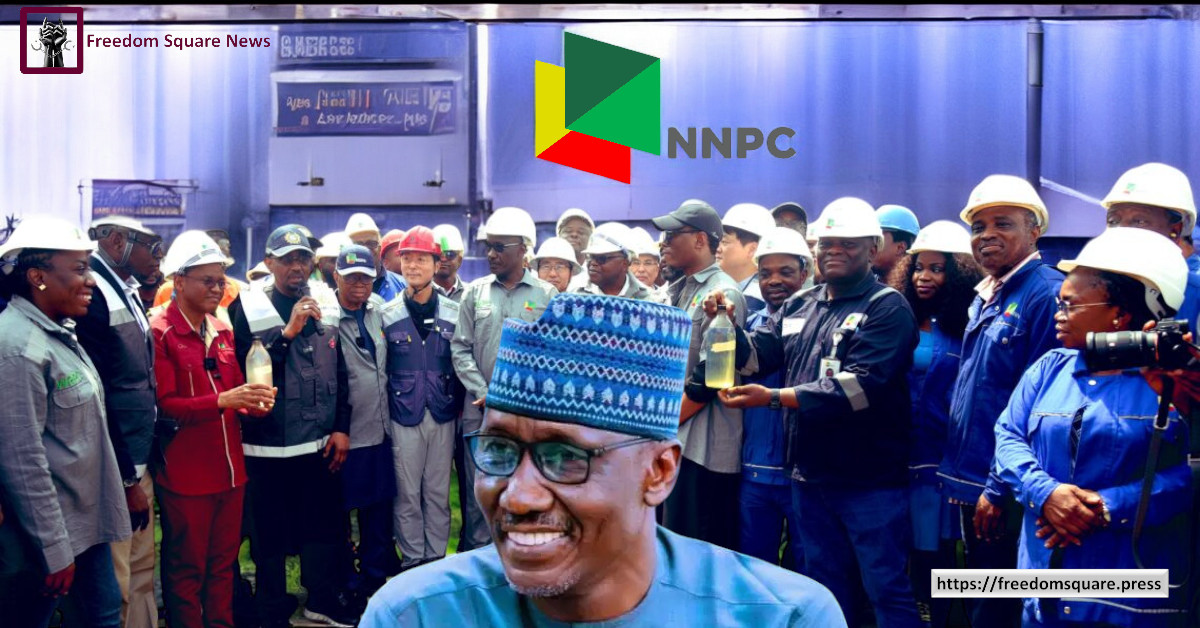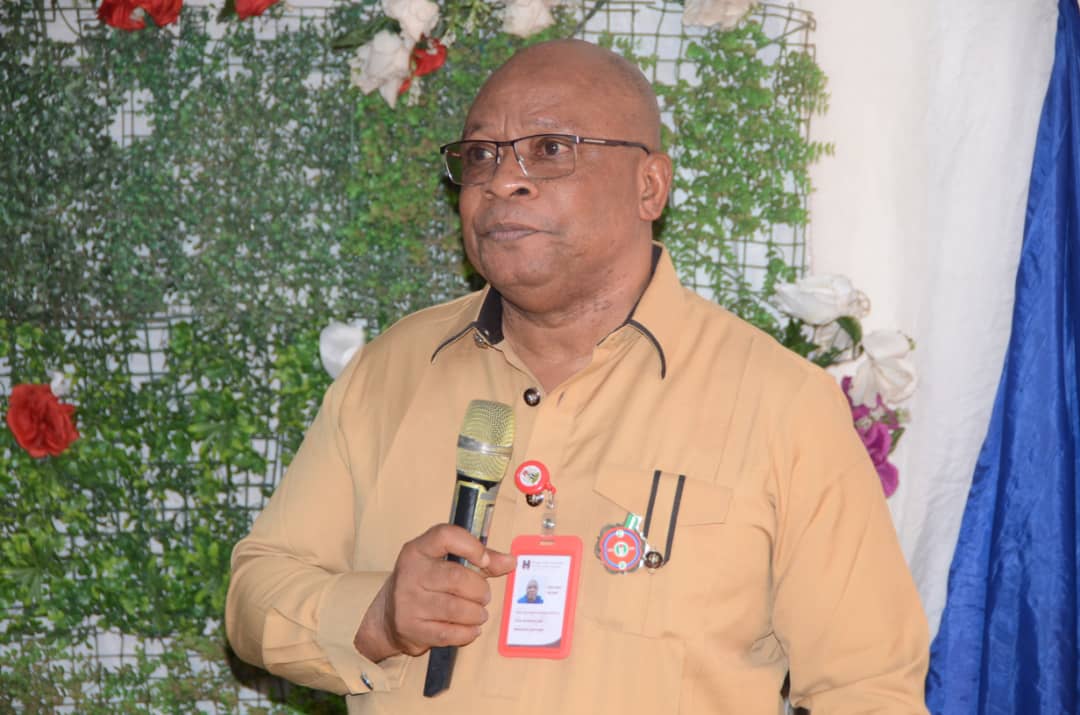Comrade Joe Ajaero details negotiations and addresses criticisms as Nigeria approaches a critical minimum wage discussion next year.
In the wake of the Nigeria Labour Congress (NLC) suspending an impending indefinite strike over the removal of petrol subsidies and disputes regarding palliatives, the President of the NLC, Comrade Joe Ajaero, steps forward to shed light on the recent developments.
In an exclusive interview, he offers insights into the intricate negotiation process and the forthcoming discussion on a proposed N200,000 minimum wage set to take place next year.
Negotiation Success and Strike Suspension
Ajaero clarifies that the decision to suspend the indefinite strike was the outcome of arduous negotiations with the Federal Government.
The fundamental aim of negotiations, as he points out, is to reach a comprehensive, enforceable, and implementable agreement. During this process, the NLC presented a range of demands and claims to have secured nearly 90% of these demands, which ultimately led to the decision to sign an agreement.
Some of the key concessions obtained during these negotiations include the exploration of Compressed Natural Gas (CNG) as a substitute for petrol, initiatives aimed at reviving the nation’s refineries, and significant adjustments to the proposed wage increase. The initial offer of N25,000 for the least-paid worker was upgraded to N35,000, marking a substantial win for the NLC.
Promissory Notes and Implementation
Ajaero addresses the notion that the government’s commitments are akin to “promissory notes.” He elucidates that these commitments do not translate into immediate monetary disbursements but instead come with defined timeframes for execution.
The suspension of the strike for one month reflects a degree of uncertainty surrounding the full embrace of these commitments, but Ajaero underscores the necessity of a pragmatic approach, recognizing that immediate implementation may not be feasible.
Critics and Allegations of Sellout
In response to allegations of a sellout made by certain critics, Ajaero vehemently defends the decision to suspend the strike. He asserts that those leveling accusations were not privy to the intricate negotiation proceedings and lacked a comprehensive understanding of labor-related issues. In his view, labor negotiations inherently seek a balanced compromise between demands and agreements, and once an agreement is inked, customary practice dictates the cessation of associated actions.
Impact on States, Local Government Areas, and the Private Sector
Ajaero offers clarity regarding states, local governments, and the private sector, stressing that they have historically maintained autonomy in determining their wage structures. While national negotiations provide a guiding framework, the final wage decisions rest upon their unique circumstances and considerations.
Palliative Committee and Its Role
The palliative committee, led by a governor, raises questions about its role and effectiveness. Ajaero reveals that this matter should be directed to the Governors Forum, as there was no consensus between the committee, the government, and labor. Palliative efforts, he explains, seemed to be handled distinctly within the Ministry of Humanitarian and Poverty Alleviation.
The Road to a New Minimum Wage
Looking ahead to the forthcoming discussions on a new minimum wage scheduled for next year, Ajaero offers insights into the critical factors that will influence the negotiations. He underscores the significance of workers’ purchasing power, underscoring that inadequate wages can stifle economic growth. Ajaero proposes that a minimum wage of at least $200 per month be considered, aligning with the cost of living and other essential factors. He highlights the necessity of considering inflation, the cost of living index, and practical adjustments during these deliberations.
Economists’ Concerns on Wage Increase
In response to economists expressing reservations about wage hikes due to Nigeria’s economic challenges, Ajaero challenges their expertise. He argues that any credible economist would grasp the importance of purchasing power in an economy and the detrimental consequences of insufficient salaries. In his view, these economists appear disconnected from the economic realities faced by the average Nigerian worker.
As Nigeria prepares for the crucial discussions on the proposed N200,000 minimum wage, the economic landscape stands on the precipice of transformation. These negotiations, with their focus on purchasing power, inflation rates, and the cost of living index, will be pivotal in determining an equitable and sustainable wage structure. The outcome not only bears profound implications for the livelihoods of millions of Nigerian workers but also for the nation’s overall economic trajectory.




